Wellbeing and Inclusion
Mrs Courtney Hoffmann
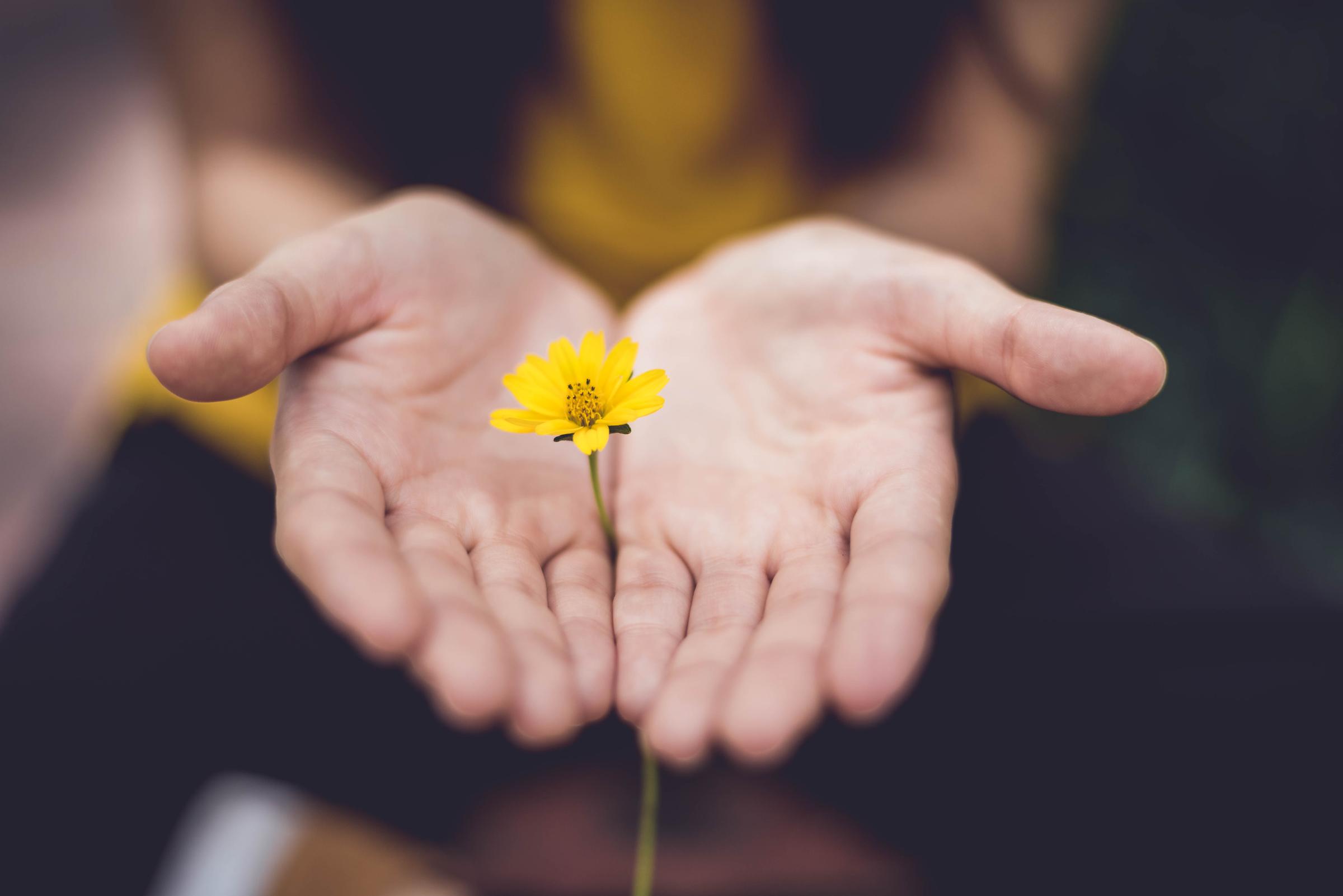
Wellbeing and Inclusion
Mrs Courtney Hoffmann
Welcome Back! I hope that all Karoo families had an enjoyable holiday break. There was definitely a buzz around the school last week with everyone coming back, ready to begin a very exciting last term of the year.
We also started the term with a BANG, in the form of the Disco! Fluro colours and sparkles were every on the evening of Thursday the 6th. Everyone enjoyed putting on their dancing shoes and showing off their moves to the music! A huge thank you to Miss Sophie Brown and all those who helped make the amazing night a reality.
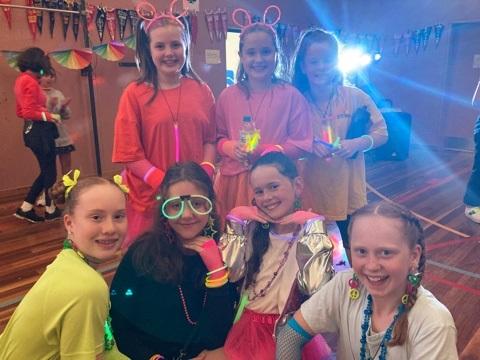

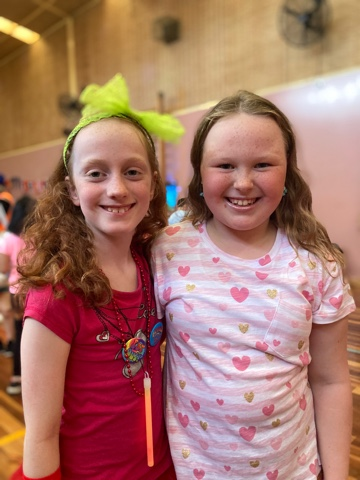
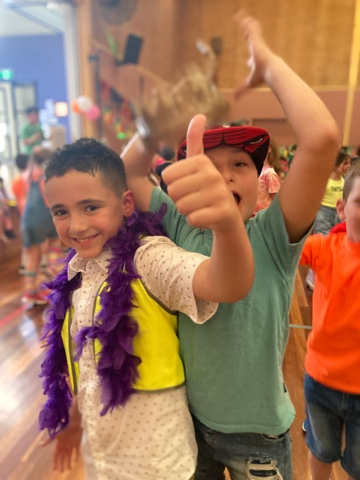




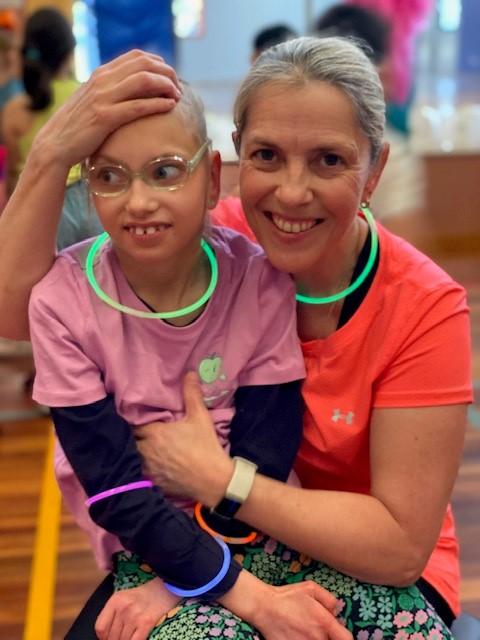
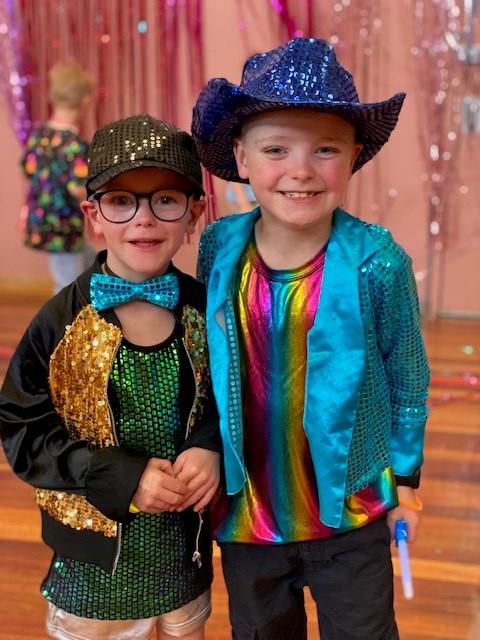
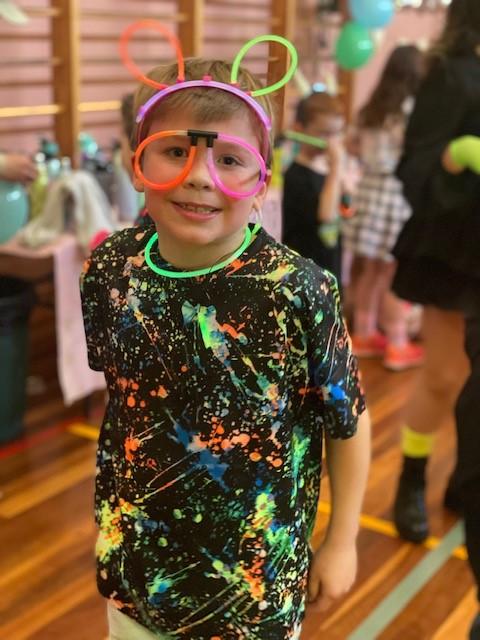
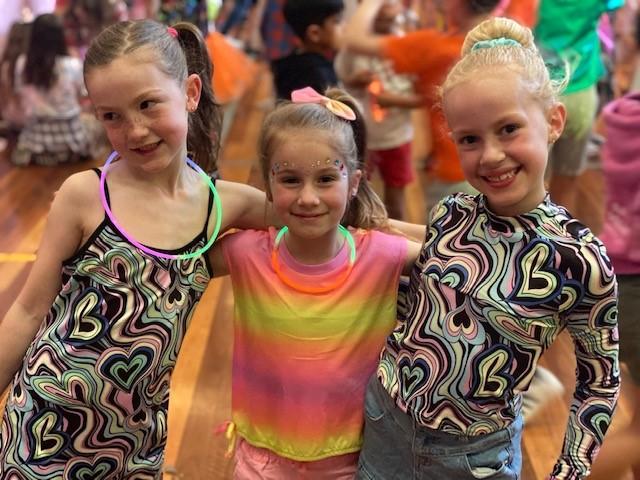





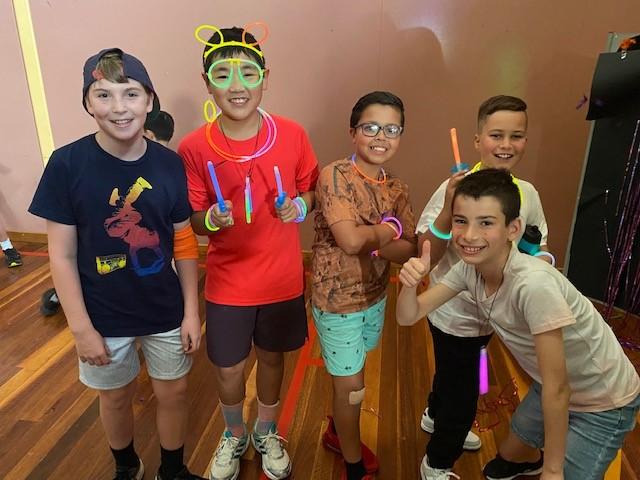

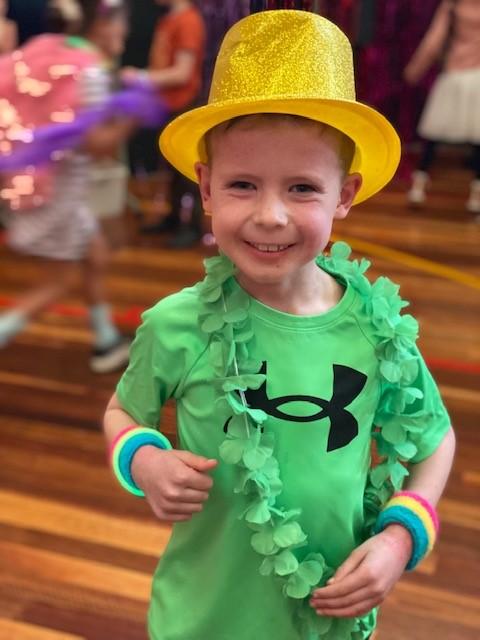




Resilience, Rights and Respectful Relationships (RRRR)
At Karoo PS, we implement the Resilience, Rights and Respectful Relationships (RRRR) Curriculum, which is an evidence-based whole school approach to social and emotional learning. The RRRR develops the personal and social capabilities of students, including self-awareness, self-management, social awareness and social management.
The Resilience, Rights and Respectful Relationships (RRRR) learning materials cover eight topics of Social and Emotional Learning across all levels of primary and secondary education: Emotional Literacy; Personal Strengths; Positive Coping; Problem Solving; Stress Management; Help Seeking; Gender and Identity; and Positive Gender Relationships. In 2015, The Royal Commission into Family Violence identified that schools play a critical role in creating a culture of respect. Therefore, in 2016, respectful relationships education became a core component of the Victorian Curriculum from Prep to Year 12.
This resource is structured into years; Foundation, Year 1/2, Year 3/4, Year 5/6, Year 7/8, Year 9/10, VCE/VCAL, with lesson materials mapped to the Victorian curriculum, covering Personal and Social Capabilities, Health and Physical Education and English and includes the following topics.
Topic One - Emotional Literacy, the aim of this topic is to help students develop the ability to be aware of, understand, and use information about the emotional states of themselves and others with competence.
Topic Two – Personal Strengths builds on the importance of building and using a strengths vocabulary, and identifies the ways in which teachers can use the lesson tools to equip them in their efforts to give positive formative feedback on relational matters.
Topic Three and Four – Positive Coping and Stress Management are closely related and the learning activities provide opportunities for children to identify and discuss the value of different types of coping strategies.
Topic Five – Problem-Solving activities introduces students to a range of problem-solving skills, through applied learning tasks, so that they are able to cope with personal, social and ethical dilemmas.
Topic Six – Help Seeking activities in this topic area are designed to help students discuss the importance of seeking help and providing peer support when dealing with problems that are too big to solve alone.
Topic Seven – Gender and Identity within this topic, promote respect and an appreciation for diversity and difference. It assists students to challenge stereotypes and critique the influence of gender norms on attitudes and behaviour. They learn about key issues relating to human rights and gender identity, and focus on the importance of respect within relationships.
Topic Eight – Positive Gender Relations activities focus on the development of self-care, peer support and help-seeking skills that can be applied in response to situations involving gender-based violence within family, peer, community or on-line relationships. |
Have a wonderful week,
Courtney Hoffmann

